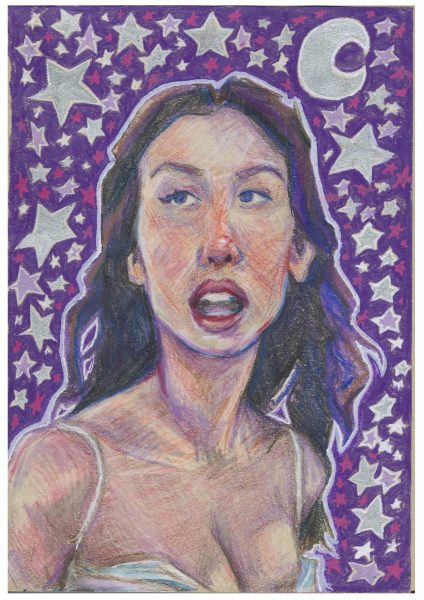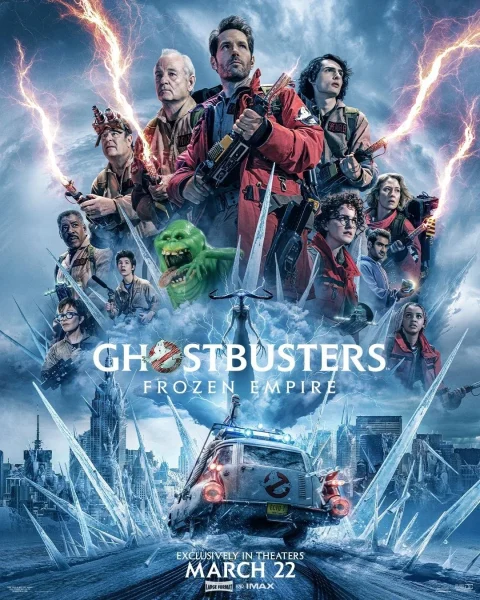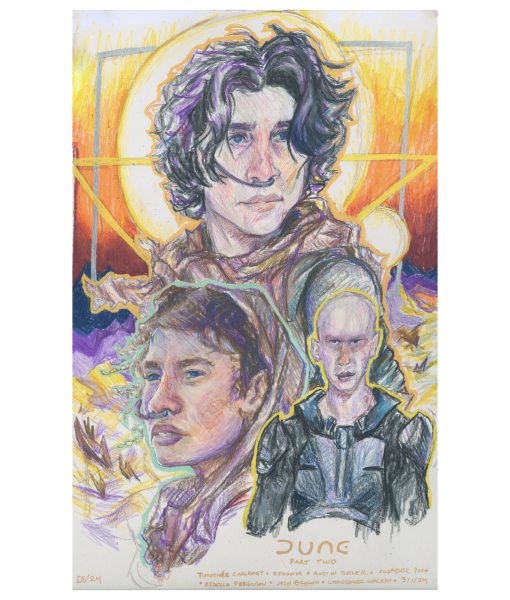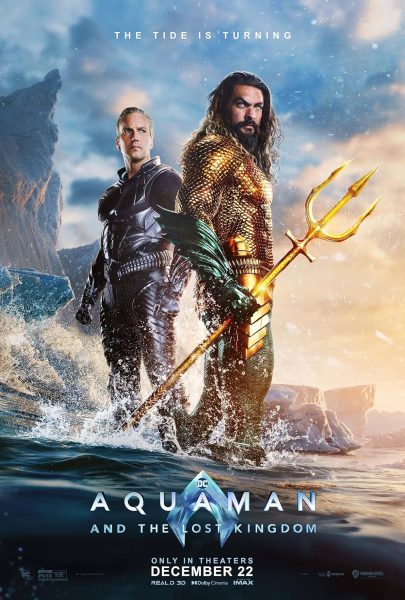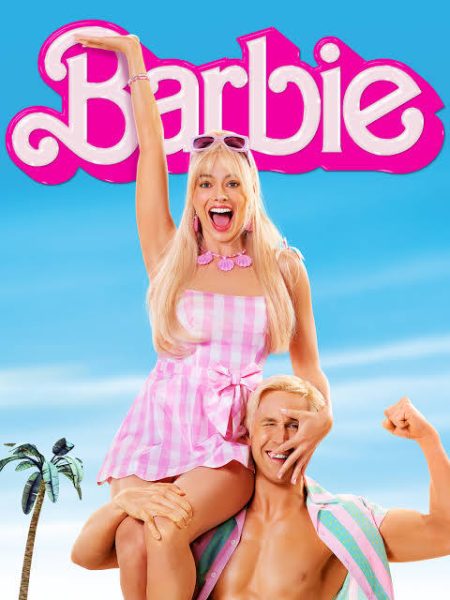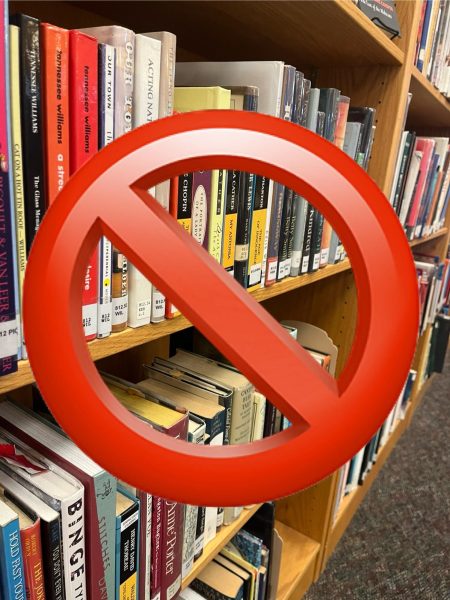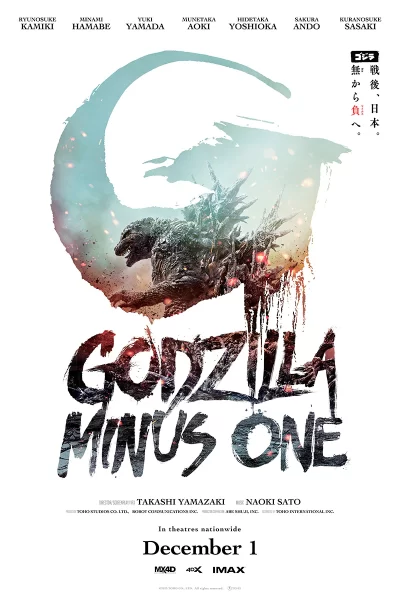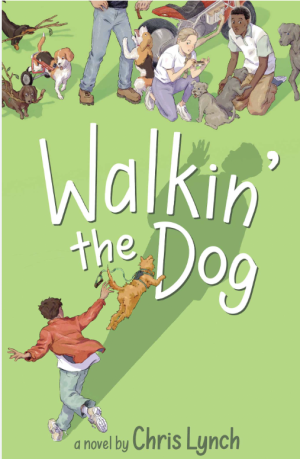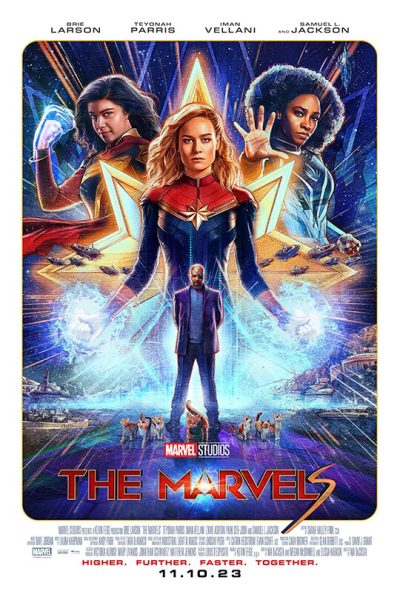Black or White: A Movie Review
February 13, 2015

Some stories need to be told; some stories should be kept on the shelf. Black or White was a story that needed to be told that studios did not want to take on.
Mike Binder, writer and director of Black or White, often sent his scripts to Academy Award winner Kevin Costner. While Costner has bluntly rejected several of Binder’s scripts, something about Black or White caught his interest when he read it. Costner went to Binder and said, “We’re doing this. I’m making this movie. I wanna produce it with you. I wanna make it; I wanna make it as soon as I can. I’ve got to make this movie.”
However, the studios didn’t want to make the movie. Binder described the studios to have these ideas that black people want to see movies with black people. White people want to see movies with white people. The studios do not want to mix up the cast.
“That’s (the studio’s idea) the stupidest thing I’ve ever heard. People just want to see good movies. I don’t care who’s in the movie as long as it’s a good movie. I’ll see anything, I’ll see plaid people if they’re doing a good job,” Binder said.
With no studio wanting to produce the movie, Kevin Costner himself provided the funding for the movie. Costner now owns the movie.
Black or White, is a story of a grandfather, played by Kevin Costner, who is suddenly left alone to care for his precious granddaughter, who he has raised her whole life with his wife after her passing. When the girl’s other grandmother, played by Academy Award Winner Octavia Spencer, requests the custody of her granddaughter, a legal custody battle ensues over their biracial granddaughter that forces the two families to confront their true feelings on race, empathy, and forgiveness.
The acting brought forth in the movie exhibited the struggles that many go through. Costner was gritty and portrayed the ugly truth about loosing those close to you and closure to their passing, but also the racial aspect of society. However, when one gets down to it, it is about family. Binder described it as having a deeper meaning.
“(Race) is a tricky subject, but ultimately this isn’t what it’s about. This movie is funny and emotional. This movie is about two families trying to find the best way to love a little girl. That’s all,” Binder said. “It happens to have race in it, which I think is a great way to have people talking about race. It isn’t a lecture; it isn’t a history lesson; it isn’t a conversation about race; it’s about family.”
It takes a look into the family structure that has varied from the ideal Nuclear family. There are gay parents raising adopted children, single mothers raising children and working jobs, and mixed families. Black or White shows how far our culture has grown away from the two parents and two children with the working father and stay-at-home-mom.
Anthony Mackie said the moment after he read a line of Costner’s, he closed the script and called his agent saying not to mess it up. “Our first thought is not what makes you a racist. It’s your second, your third, and your fourth.”
That line fueled the hours spent watching the movie, wondering in what context it would be put into, like “Stay Golden Ponyboy” from the Outsiders. How was Costner’s line going to be used?
Throughout all the rough patches for the characters, the comedic relief from Duvan, played by Mpho Koaho, came as a surprise as the audience would laugh of the light dusting of tension.
Black or White had its audience on the edge of their seats as its climax peeked. Viewers will be watching with tense shoulders and an open mouth as they hope for the characters to end up okay.
Black or White opens in theaters Janurary 30.



